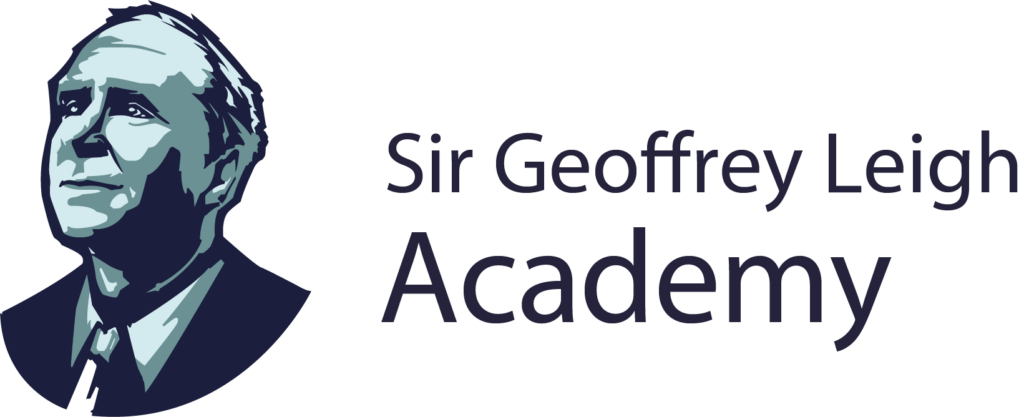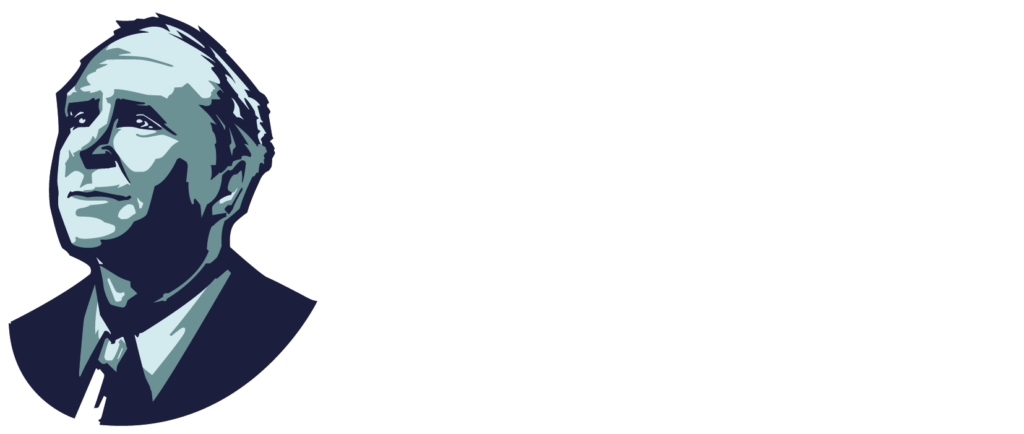DoL – Mrs R Coules
raina.coules@sgla.latrust.org.uk
We offer our Year 7 cohort a wide range of design and manufacturing experiences that involve problem solving, design challenges, creative idea generation and independent working techniques. Students work from a set brief and investigate the needs of a client or problem. From this point they develop solutions to real world scenarios using iterative design development in the cycle of the design. As such, students sample what it is actually like to work in the Design, Engineering or Food sectors.
For Year 7 we offer a transition into secondary education that brings together the core learning from Key Stage 2 education and design creativity. We offer an exciting, engaging curriculum which fosters independent learning and develops enthusiastic problem solvers, culminating in the learners becoming critical thinkers who can adapt to different situations.
Schedule of Learning Y7
During year seven all students will complete three units of study. We have designed each unit of study around the subject specialisms offered at KS4 and are as follows:
- Habitats linked to Ks4 Engineering
- Creative Play linked to Ks4 Design & Technology
- And Food Choices linked to Ks4 Food Preparation & Nutrition.
These are delivered on rotation meaning not all year seven students will be studying the same unit at the same time. The way that we ensure that all student are progressing at the same uniform pace is to assess the four criterion points across all units as follows:
- Module 1: Criteria A
- Module 2: Criteria C
- Module 3: Criteria B
- Module 4: Criteria D
- Module 5: Criteria A & B
- Module 6: Criteria C & D
Year 7 Resources
Please refer to your child’s individual Google Classroom for lesson specific resources.




